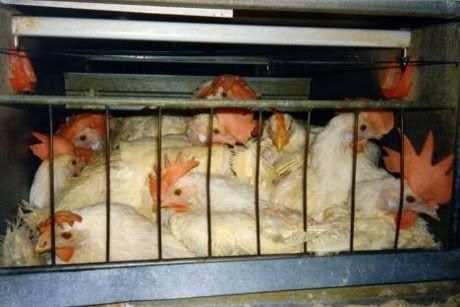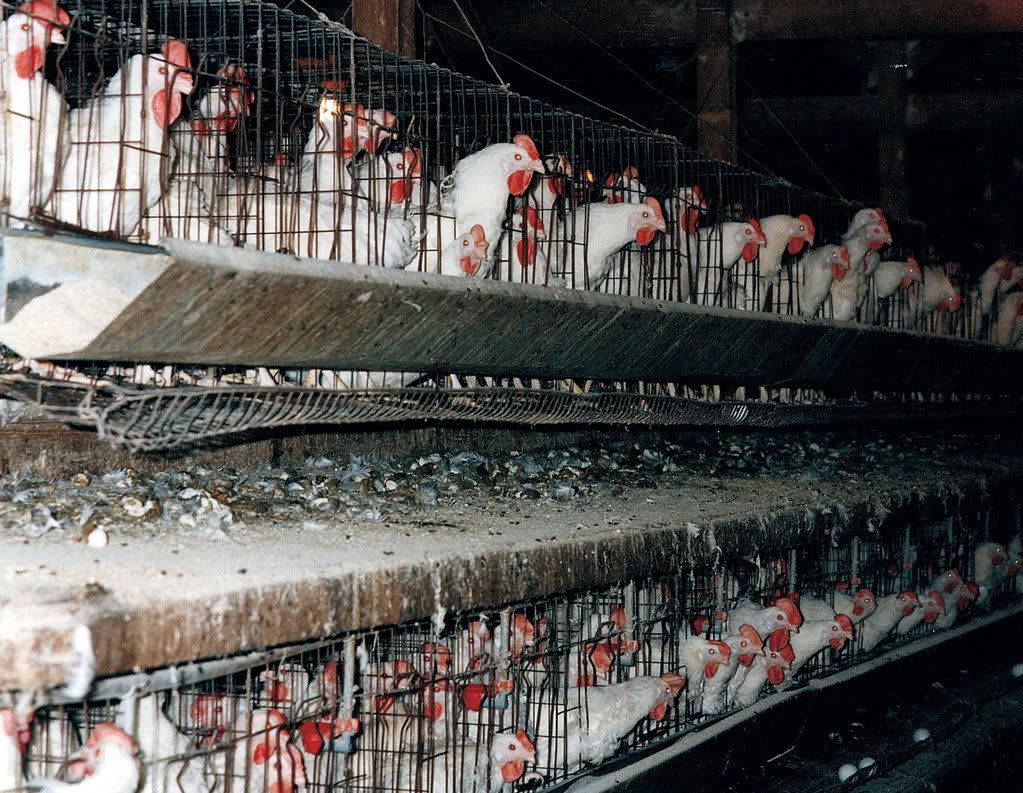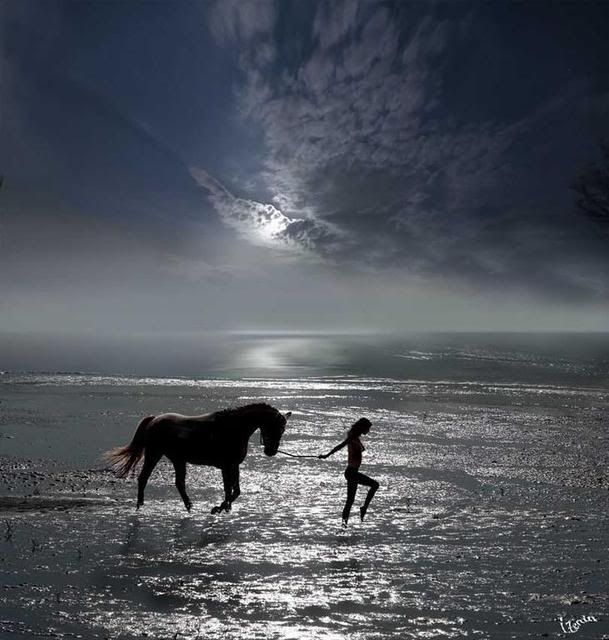I hope all my readers have had a good Christmas and I wish them all a Happy New Year.
Here is another of those posts that overlaps my blogs, so I make no apology for posting it here as well as on my allotment blog.
I've just come across a fantastic idea - one that started in the UK but is gathering interest from other parts of the world. I was listening to BBC Radio 4's You and Yours programme today and pricked up my ears when I heard mention of food sustainability. Vegetables are being grown in a graveyard, I heard, and then came another snippet; that our food production accounts for 23% of our carbon footprint. So I stopped my noisy food processor and started to listen properly.
Todmorden is a an old Victorian mill town on the Lancashire/West Yorkshire border. 3 years ago it set out to be the first town to become self sufficient in food, with a target set for 2018. They call it the Incredible Edible campaign. And whilst the founders do not feel that the target date is totally achievable, nevertheless they are doing well - and they have a wonderful website to prove it, full of amazing resources to support those already in the loop, and to encourage others to start in their own localities.
The idea is that veggies and edibles are grown in public and unused spaces for the common plate, and it is now being put into practice in Wilmslow for example, and in Totnes, the original Transition Town.
And it's not just about growing fruit and vegetables - at least in Todmorden. It's also about educating residents on what to look for in sustainable meat supplies, and in how to pickle and bottle summer surpluses for winter consumption.
Now here's something I could start rolling in our own town! Just give me a little time! We've already started encouraging our local school to grow vegetables, for example, and we have a community orchard, but this is one huge step further. If there are any hints and tips out there as to how to start (in addition to the online resources mentioned), I'd love to hear.
Todmorden is a an old Victorian mill town on the Lancashire/West Yorkshire border. 3 years ago it set out to be the first town to become self sufficient in food, with a target set for 2018. They call it the Incredible Edible campaign. And whilst the founders do not feel that the target date is totally achievable, nevertheless they are doing well - and they have a wonderful website to prove it, full of amazing resources to support those already in the loop, and to encourage others to start in their own localities.
The idea is that veggies and edibles are grown in public and unused spaces for the common plate, and it is now being put into practice in Wilmslow for example, and in Totnes, the original Transition Town.
And it's not just about growing fruit and vegetables - at least in Todmorden. It's also about educating residents on what to look for in sustainable meat supplies, and in how to pickle and bottle summer surpluses for winter consumption.
Now here's something I could start rolling in our own town! Just give me a little time! We've already started encouraging our local school to grow vegetables, for example, and we have a community orchard, but this is one huge step further. If there are any hints and tips out there as to how to start (in addition to the online resources mentioned), I'd love to hear.

















































